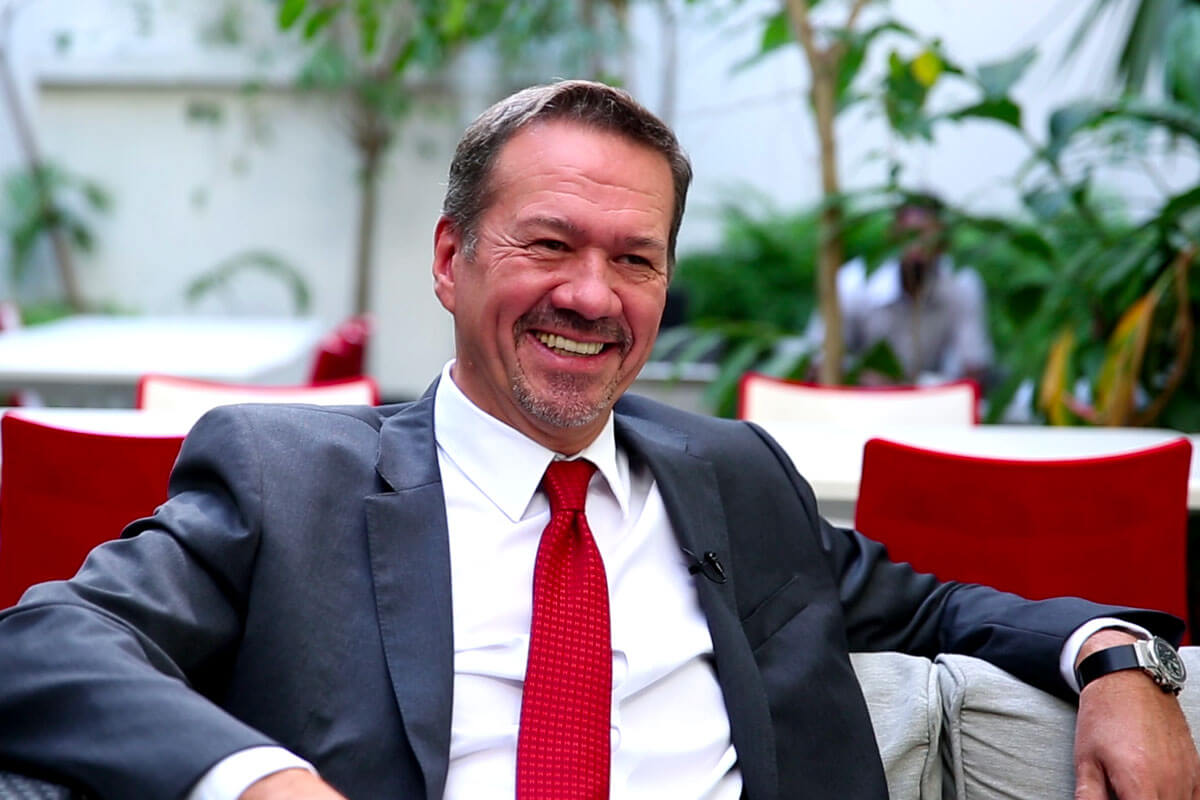- Home
- Investor Centre
- Sustainability
- Talent
- News
- TH!NK
- Corporate Governance
- Company Profile
- Board of Directors
- Community
Contact Info
Let’s work together to finance a resilient future!

Around the world, more frequent and severe weather events are becoming our reality. These events have a devastating impact on people, societies and economies and highlight the urgent need for climate action. This includes growing calls for greater transparency on what businesses are doing to transition the world to climate-friendly economies.
The Mauritian banking sector has chosen to rise to this important challenge.
In November 2021, the Bank of Mauritius communicated on its Climate Change Pledge and later on published the Guideline on Climate-related and Environmental Financial Risk Management. This Guideline, which came into effect on 1 April 2022, requires financial institutions to assess and report on their climate-related and environmental financial risks. While this may be a daunting and complex task, it is a bold step in the right direction.
Climate-related risks threaten financial institutions as we are exposed to these risks through our financing activities. If we fail to recognise and manage these risks, the losses we face could impact financial stability. We also have a responsibility to allocate our capital towards projects that support the transition to low-carbon economies.
As a small island developing state, Mauritius is particularly vulnerable to extreme weather events. The country’s banking sector therefore has an even greater responsibility to tackle climate change.
At MCB, we set out on our climate journey with the vision of working towards a carbon-neutral Mauritius. Recent milestones include developing green credit schemes, facilitating credible carbon offsetting programmes, and taking steps to minimise the environmental impact of our operations and investments. Our approach is governed by financial industry benchmarks, such as the Equator Principles, which help us integrate climate risk into our financial portfolio.
While we have made promising progress, our journey is only beginning. Partnerships have been crucial to guide us towards achieving our ambitious climate goals. Similarly, we believe that collaboration will be critical for the banking sector as institutions shape their disclosures against the Guideline.
Challenges, such as limited local expertise in climate-related risk analysis and poor availability of environmental data, must be addressed through investment and capacity building. There is also an opportunity for the banking sector to come together under a sector-wide initiative to share our experiences and learn from one another.
While the road ahead may not be easy, it is one of the most important we will travel. Let’s work together to finance a resilient future!
Subscribe to our Email Alerts
Stay up-to-date with our latest releases delivered straight to your inbox.
Contact
Don't hesitate to contact us for additional info
Email alerts
Keep abreast of our financial updates.














